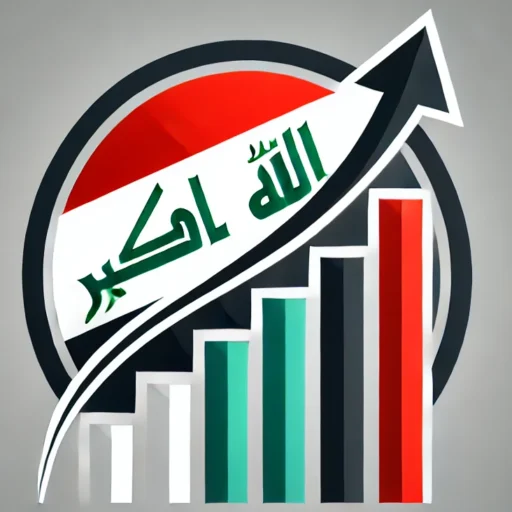Economic Overview: Iraq’s 2024 Budget Proposal
Introduction
The Iraqi government has unveiled its draft budget for 2024, signaling a strategic financial roadmap aimed at bolstering economic growth and addressing pressing socio-economic issues. Prime Minister Mohammed Shia Sudani emphasized the government’s commitment to a diverse and sustainable economy, along with a promise to enhance infrastructure and public services.
Key Allocations and Priorities
The proposed budget totals approximately 145 trillion Iraqi dinars (about $100 billion), a marked increase from the previous year. This budget intends to prioritize key sectors, including health, education, and infrastructure development. Notably, the allocation for public sector salaries and benefits remains substantial, reflecting the government’s focus on social welfare.
| Category | Allocation (IQD) | Allocation (USD) |
|---|---|---|
| Total Budget | 145 trillion | ~100 billion |
| Health | 30 trillion | ~20 billion |
| Education | 22 trillion | ~15 billion |
| Infrastructure | 35 trillion | ~24 billion |
Revenue Projections and Economic Context
The budget is projected to generate revenue of about 122 trillion dinars ($84 billion), primarily through oil exports, which remain the backbone of Iraq’s economy. Oil prices, currently fluctuating, will be a critical factor influencing these revenue projections. The government anticipates an average oil price of $70 per barrel, aiming to manage fiscal stability amid global market uncertainties.
The diverse revenue strategies also include enhancing non-oil sectors, which are essential for long-term economic sustainability. The government aims to reduce over-reliance on oil by diversifying the economic base, fostering greater resilience against external shocks.
Challenges Ahead
Despite the optimistic outlook, the government faces significant challenges, including ongoing security concerns, inflationary pressures, and infrastructural deficits. The need for substantial investments in public services and facilities remains pressing, as the Iraqi population continues to grow. Additionally, entrenched bureaucratic systems could pose delays in budget implementation and the effective allocation of resources.
Conclusion
As Iraq progresses with its budget proposal for 2024, it reflects a commitment to not only economic enhancement but also social reform. The government’s proactive approach to managing fiscal policy, coupled with a focus on infrastructural investments and social welfare, illustrates an understanding of the complexities inherent in Iraq’s economic landscape. Stakeholders will closely monitor developments to assess whether the proposed measures will translate into significant improvements for the Iraqi populace.

